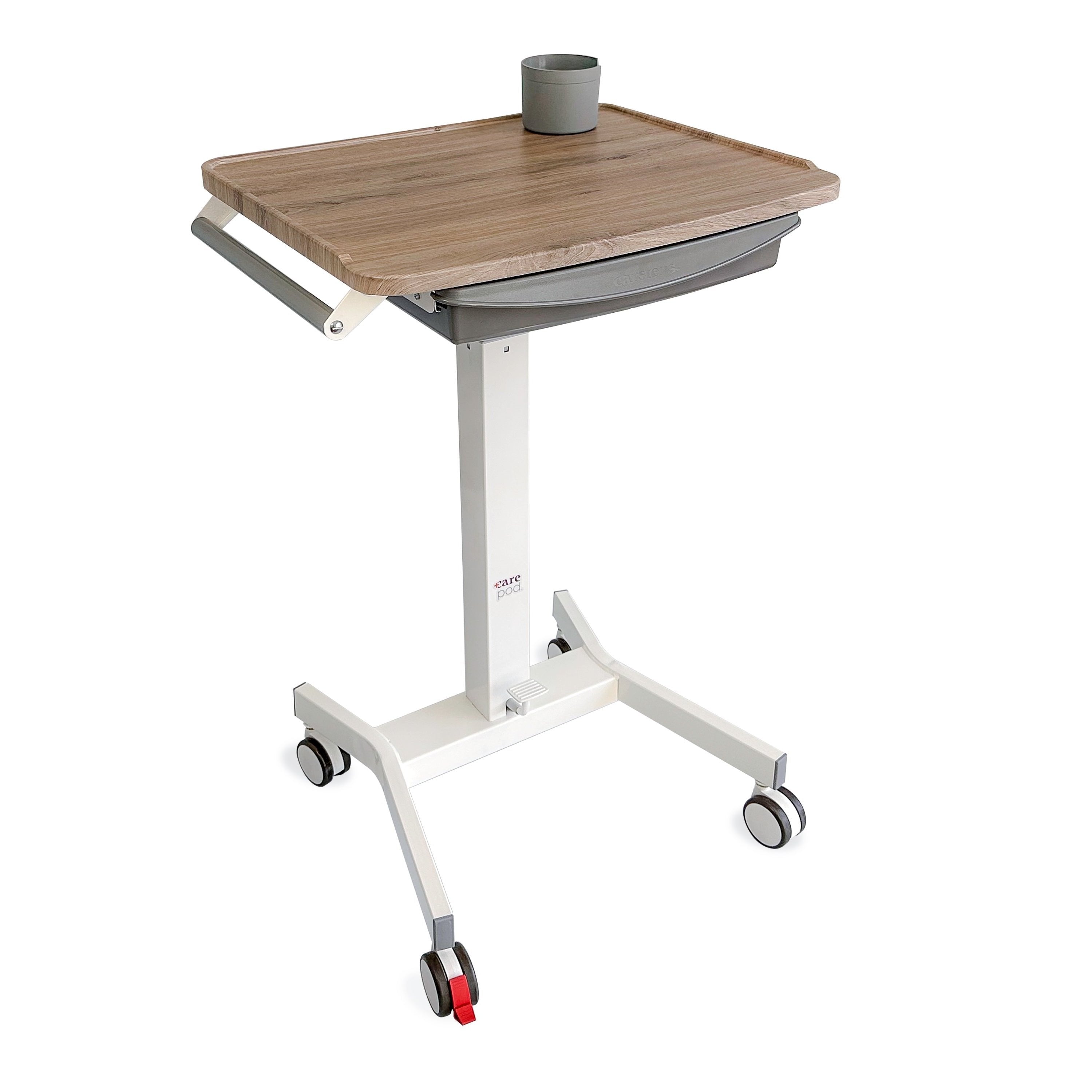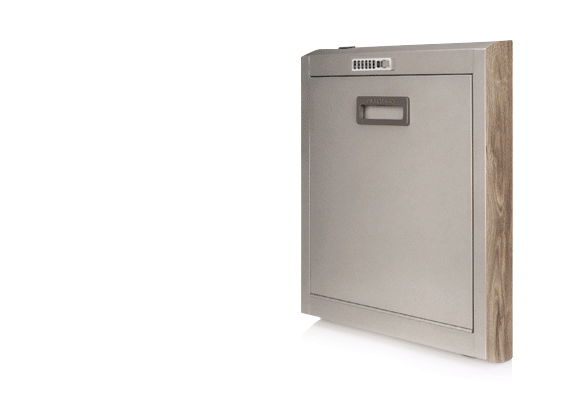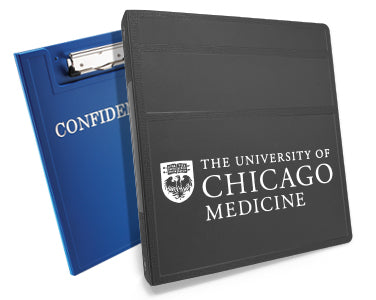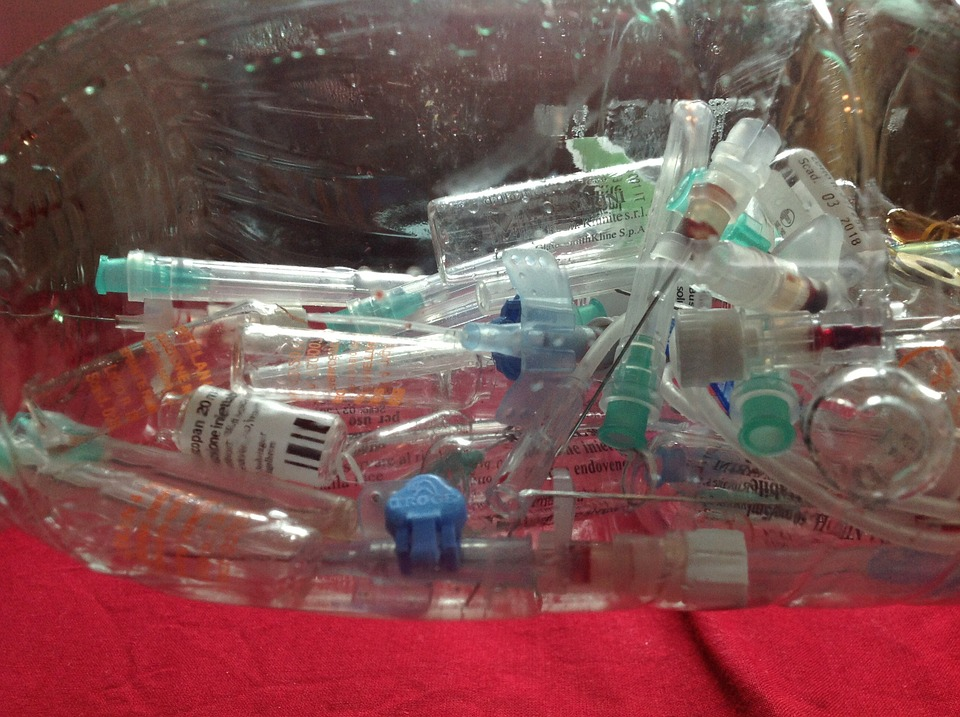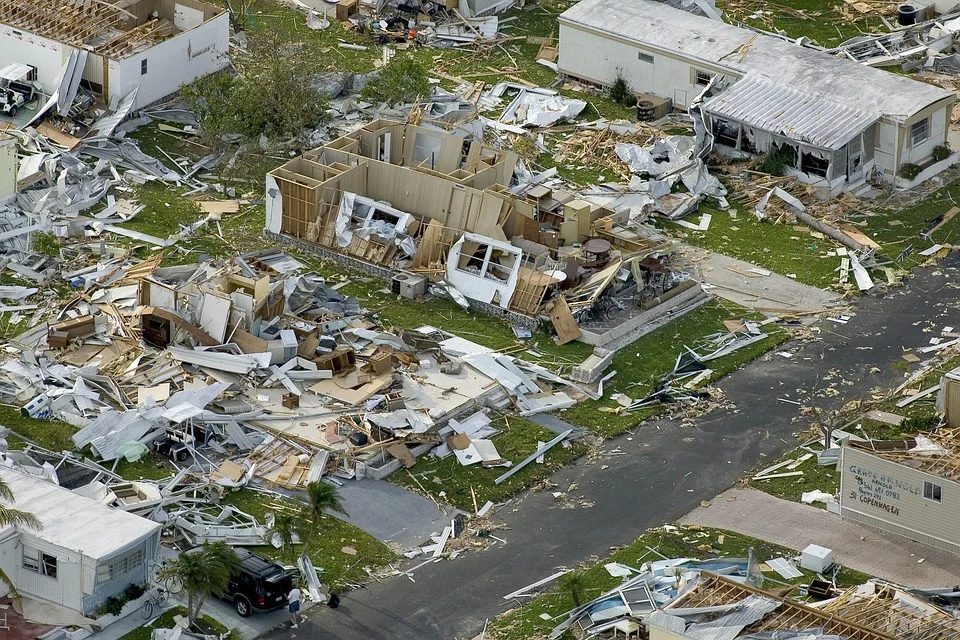Alarm fatigue (otherwise known as alert fatigue) is a phenomenon that occurs in individuals who are exposed to an excessive number of frequent alarms over time. It can get to the point where people become desensitized to them, resulting in longer response times or even instances of missing alarms meant to alert people to significant developments. This is commonly experienced by hospital staff and can cause many dangerous situations in which patients may not receive the urgent care they require to remain safe.
Related: Best Ways to Streamline Nursing Workflows
Top Concerns Regarding Alarm Fatigue in Hospitals
Alarm fatigue can create a wide range of potentially dangerous effects that have the chance of severely impacting hospital patients and staff in very negative ways. Below is a selection of the top concerns regarding the effects of alarm fatigue that hospital administrators need to be keenly aware of to prevent injury or even loss of life.
Alarms Get Turned Off
When hospital staff experience alarm fatigue, one primary concern that administrators need to consider is that said alarms may not be used effectively or may even be turned off altogether. This is very dangerous, as it would prevent necessary staff from being alerted to a patient emergency.
Nursing Staff Burnout
Burnout is a legitimate risk for staff belonging to any industry. Still, it poses an especially prominent threat within the medical and healthcare industry. Burned-out workers are often less effective at their jobs. In a clinical setting, this could result in severe injuries and deaths.
Patient Safety
If staff become desensitized to alarms and alerts, their inaction can put the safety of hospital patients at severe risk. Suppose a patient experiences a sudden case of cardiac arrest, for example, and staff isn’t adequately alerted or doesn’t respond to alerts in time. In that case, there is a significant risk of the patient dying as a result.
Related: Common Medical Equipment Your Hospital Should Have
Impediment to Healthy Healing Environment
The negative impacts of alarm fatigue, in general, are not conducive to a healthy healing environment and can severely impede the care that staff can provide to patients.
Noise Pollution
Excessive alarms can result in a high level of distracting noise pollution, creating the possibility that hospital staff may not correctly recognize or react to an essential medical alert indicating that a patient’s health may be at risk.
Insufficient Communication Across Medical Devices
Alarm fatigue can be a clear indication of poor communication between medical professionals across their medical devices, meaning that patients will be at a higher risk for not being assisted in the event of a medical emergency.
Does your clinic, hospital, or private medical practice need some new medical gear, workstations, PPE, and other essential equipment? Check out the range of top-quality products provided by the industry experts at Carstens today to learn about what they can do for you.
8 Strategies For Addressing and Minimizing Alarm Fatigue in Hospitals
Alarm fatigue is a significant concern in hospitals and other medical facilities where patients rely on quick and consistent care. The following are eight strategies that can help address and minimize the effects of alarm fatigue in hospital staff.
Noise Reduction
Simply cutting back on the number of alarms that go off in a hospital to decrease noise while ensuring alarms are only used for significant medical events is generally seen as the most effective way to help reduce alarm fatigue in medical staff.
Regular Equipment Maintenance
Regular and effective equipment maintenance can help ensure that alarms don’t go off accidentally or without good reason, thereby reducing the number of alarms staff have to respond to along with their general sense of alarm fatigue.
False & Inconsequential Alarm Reduction
Many of the alarms that go off in hospitals signal critical cases that need to be handled right away to preserve patient safety. That said, hospital staff is also frequently bombarded by false alarms or alarms for inconsequential cases that don’t equate to a medical emergency. Reducing the instances of these two kinds of alarms can help combat the effects of alert fatigue.
Patient Care Acoustic Analysis
Hospital administrators should ensure that the general acoustics in patient care areas facilitate the ability for hospital staff to clearly and easily hear any alarms that go off. Alarms should not be able to be easily missed or go unheard by relevant staff.
Update Older Systems
Older alarm systems can be glitchy and ineffective, leading to alarm fatigue in staff along with instances of unheard or missed alarms. Hospital administrators should ensure that their alarms are up to date and utilize the newest technologies needed to work effectively.
Establish Guidelines for all Alarm Settings and Triggers
Specific guidelines and procedures should be developed regarding alarm settings and triggers to indicate when and why alarms should go off to alert staff to potential emergencies. This can help ensure a reduction in false or inconsequential alarms going off and interrupting staff.
Educate Staff to Develop Best Practices
Hospitals should work diligently to develop a set of best practices regarding when and why alarms go off and how medical staff should respond to them effectively to help ensure patient safety. Ensuring that staff is adequately trained on these best practices can help them combat the general effects of alarm fatigue while keeping them dedicated to serving the needs of patients.
Related: What Equipment is Required In An Exam Room?
Stay In the Know and Keep These Thoughts in Mind!
Alarm fatigue in hospital staff is a highly concerning development that all hospital administrators should be aware of and actively try to prevent by utilizing the various points included above to preserve the safety of both staff and patients. If you’d like more information on the latest news, trends, and developments that are currently impacting the healthcare industry, please consider reaching out to the experts at Carstens today. Also, feel free to check out their wide range of expertly written articles and their array of top-quality healthcare support products.
Are you searching for a new quality source of superior equipment and workstations for your clinic, hospital, or private medical practice? Check out the range of products proudly provided by the industry experts at Carstens today to learn about everything they can do for you and your patients.

